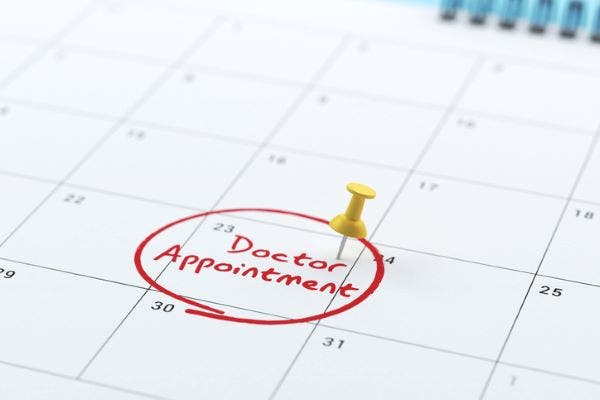PM announces major digital health shake-up

Prime Minister Sir Keir Starmer has announced a landmark “online hospital” initiative to transform how outpatient care is delivered in England.
The digital platform, dubbed NHS Online, will begin rolling out from 2027, offering millions of virtual appointments and dramatically reducing the need for in-person consultations.
Addressing delegates at the Labour Party annual conference in Liverpool, Sir Keir declared that “a new world is coming” for the NHS, as he laid out his government’s vision for embracing digital technology to modernise the health service and address chronic backlogs.
NHS Online will allow patients referred to hospital by their GPs to speak with specialists via video or phone calls, rather than attend face-to-face hospital visits.
The platform will host its own team of dedicated NHS doctors, who will manage patient care end-to-end through digital assessments, consultations, and follow-ups.
Health Secretary Wes Streeting described the plan as a bold step into the future, adding that the virtual hospital model had already proven effective in pilot schemes at University Hospital Southampton and Moorfields Eye Hospital in London.
“It’s basically about modernising the NHS, helping it to move with the times,” Streeting told BBC Breakfast.
According to the government, the rollout will be phased from 2027, and the service is expected to deliver up to 8.5 million appointments and assessments in its first three years.
NHS England has stressed that only cases deemed clinically safe for online management will be handled through the digital platform. A core challenge, insiders say, will be determining which patients are best suited to virtual care.
Proven potential
The government is building on success from existing trials. In Southampton, a virtual follow-up programme for patients with low-risk inflammatory bowel disease cut routine appointments by 75% and reduced waiting times by 58%.
At Moorfields, a virtual eye triage system helped more than half of non-urgent patients receive treatment without ever needing to visit the main hospital.
These successes have fuelled optimism that NHS Online can be scaled nationwide, although health leaders warn the system must be implemented carefully.
Daniel Elkeles, Chief Executive of NHS Providers, welcomed the ambition behind the plan.
“This is a bold, exciting initiative but the benefits should not come at the cost of destabilising vital services patients will continue to rely on,” he said.
Dr Tom Dolphin, a leader in the British Medical Association (BMA), raised concerns about the strain on the workforce.
“We are told that there will be dedicated doctors assigned to this service. We’re keen to find out where this extra staffing is going to be sourced from. Doctors are already flat out across the NHS and there is little spare capacity to go around.”
Meanwhile, NHS sources admit that triaging and guiding patients digitally will be one of the most complex elements of the project.
Digital general practice
The online hospital plan arrives as another major digital change is taking place in general practice. From this week, patients across England will be able to use a separate online system to request same-day GP appointments, a move designed to end the infamous “8am scramble” for slots by phone.
But the BMA has warned this new system could result in chaos, with serious health issues potentially being missed without proper GP oversight. The BMA has also pointed out that it’s the lack of GPs rather than the means of access to those GPs that is the problem.
Still, Health Secretary Streeting remains confident the direction is right.
“If we don’t change with the times the NHS will become less relevant as well as less accessible to the public,” Streeting said.
